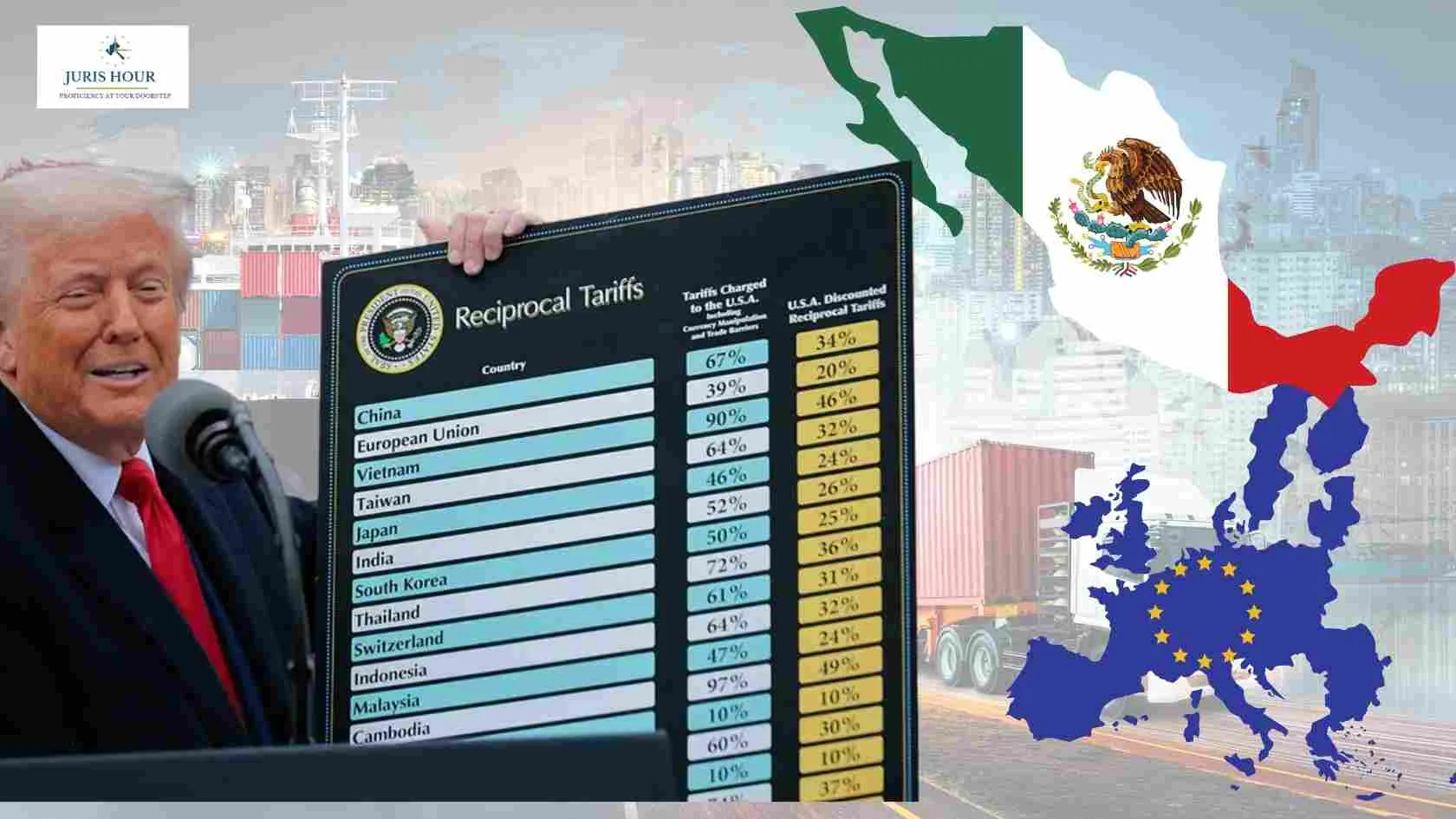Former U.S. President Donald Trump has unveiled plans to introduce 30% import tariffs on goods from Mexico and the European Union beginning August 1, a move that could significantly impact global trade dynamics and strain international relations.
The announcement, made via posts on Trump’s social media platform, comes amid renewed concerns over trade deficits, drug trafficking, and what Trump labeled as “economic threats” to the United States.
Why These Tariffs?
According to Trump, Mexico is facing penalties due to what he described as inadequate action against drug cartels allegedly linked to fentanyl smuggling into the U.S. While acknowledging efforts made by Mexico, he claimed they were “not enough.”
In the case of the European Union, Trump justified the tariffs by referencing the long-standing trade imbalance and what he called unfair economic practices that “undermine U.S. industry.”
Additionally, Trump stated that any retaliatory action taken by these trading partners would lead to further tariff increases, essentially doubling down on a policy of reciprocal escalation.
International Response
The proposed tariffs have drawn swift reactions:
- European Commission officials warned the move could lead to retaliatory tariffs on U.S. goods and further disrupt transatlantic supply chains.
- French President Emmanuel Macron and leaders from several EU member states, including Italy and Sweden, called for a united response to defend European interests.
- Mexican authorities have initiated dialogue through diplomatic channels and signaled they will seek to resolve the dispute without confrontation.
Though both Mexico and the EU have stopped short of formal countermeasures so far, insiders suggest preparations are underway should talks fail.
Impact on Economy & Markets
Unlike previous tariff announcements that caused immediate market volatility, Wall Street reacted with relative calm. Analysts believe the muted response may reflect skepticism about the likelihood of full implementation or expectations of negotiations softening the blow.
Still, economists caution that long-term tariffs of this scale could:
- Increase consumer prices in the U.S.
- Disrupt automotive and electronics supply chains
- Prompt significant retaliation from trade partners, especially in agriculture and manufacturing sectors
Legal and Political Landscape
Legal experts are revisiting Trump’s use of emergency powers to implement trade restrictions. Earlier this year, a U.S. court challenged similar actions under the International Emergency Economic Powers Act, suggesting that these new tariffs could also face legal scrutiny.
Moreover, the political implications are massive. With the U.S. presidential election campaign underway, Trump’s aggressive trade stance may become a major talking point, both among supporters praising economic nationalism and critics warning of global instability.
What Comes Next?
With the August 1 implementation date approaching, attention now turns to:
- Diplomatic negotiations between the U.S., Mexico, and the EU
- Reactions from the World Trade Organization (WTO)
- Upcoming inflation data that could show early signs of impact
The European Union is reportedly convening an emergency trade summit, while Mexico has requested bilateral consultations.
Conclusion
Trump’s sweeping tariff proposal has reignited global trade tensions at a critical time for international economic recovery. Whether it becomes a tactical bluff or a concrete policy, its ripple effects are already being felt in diplomatic circles and boardrooms alike.
As the world watches, the stakes remain high—not just for trade, but for the future of global economic cooperation.
Read More: Real Estate Lawyer Salary in the UAE, United States, and India – 2025 Guide

